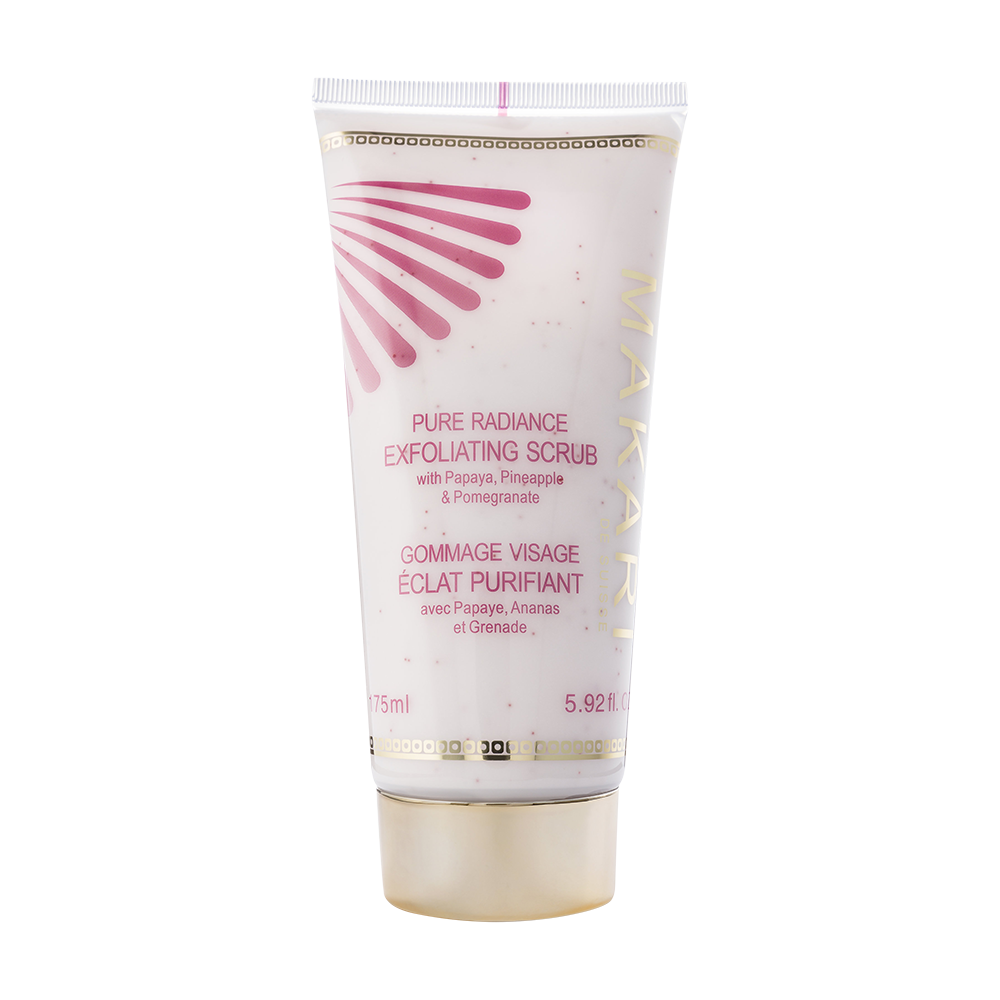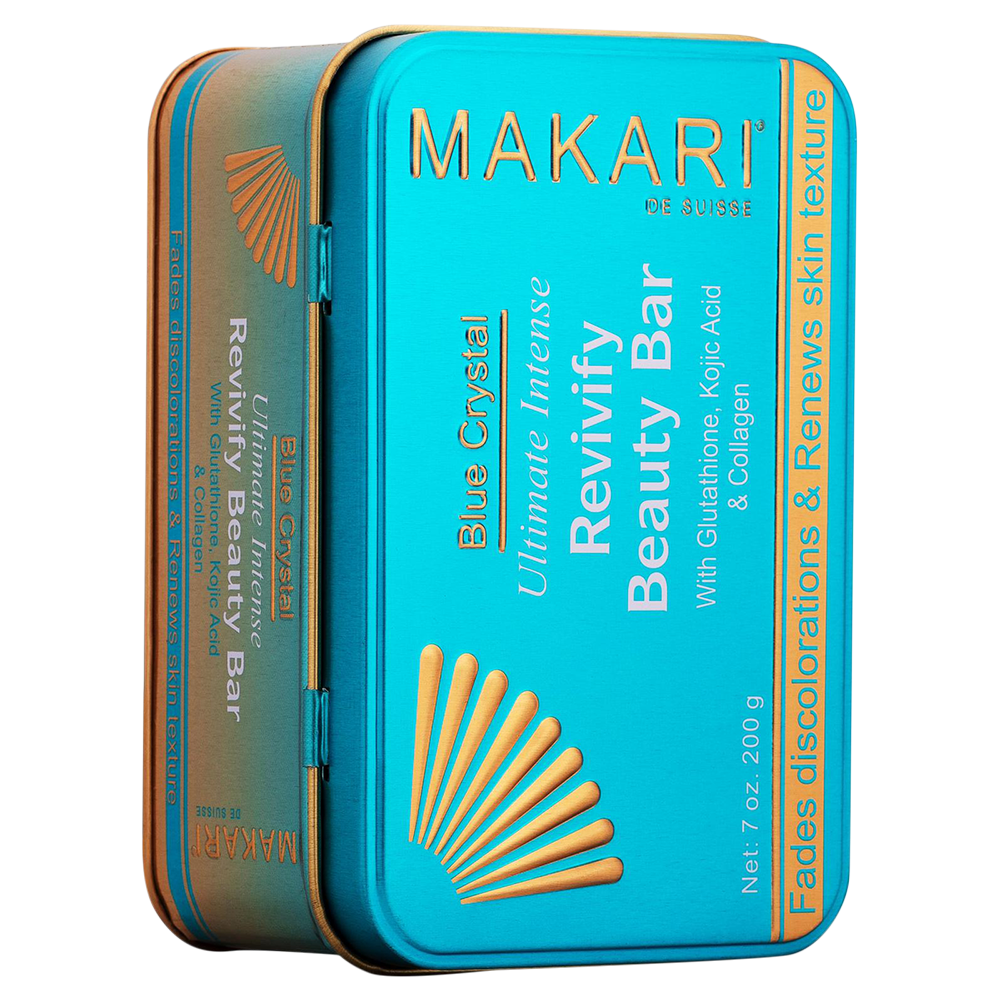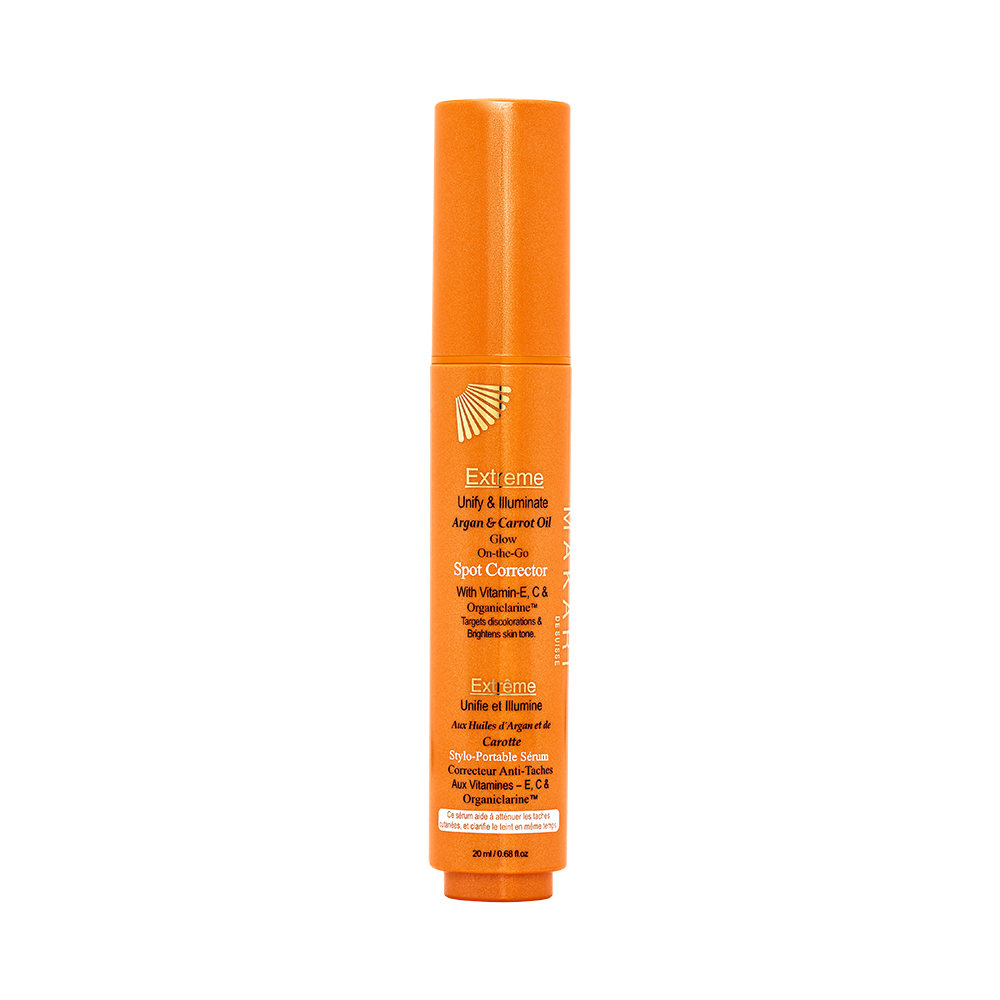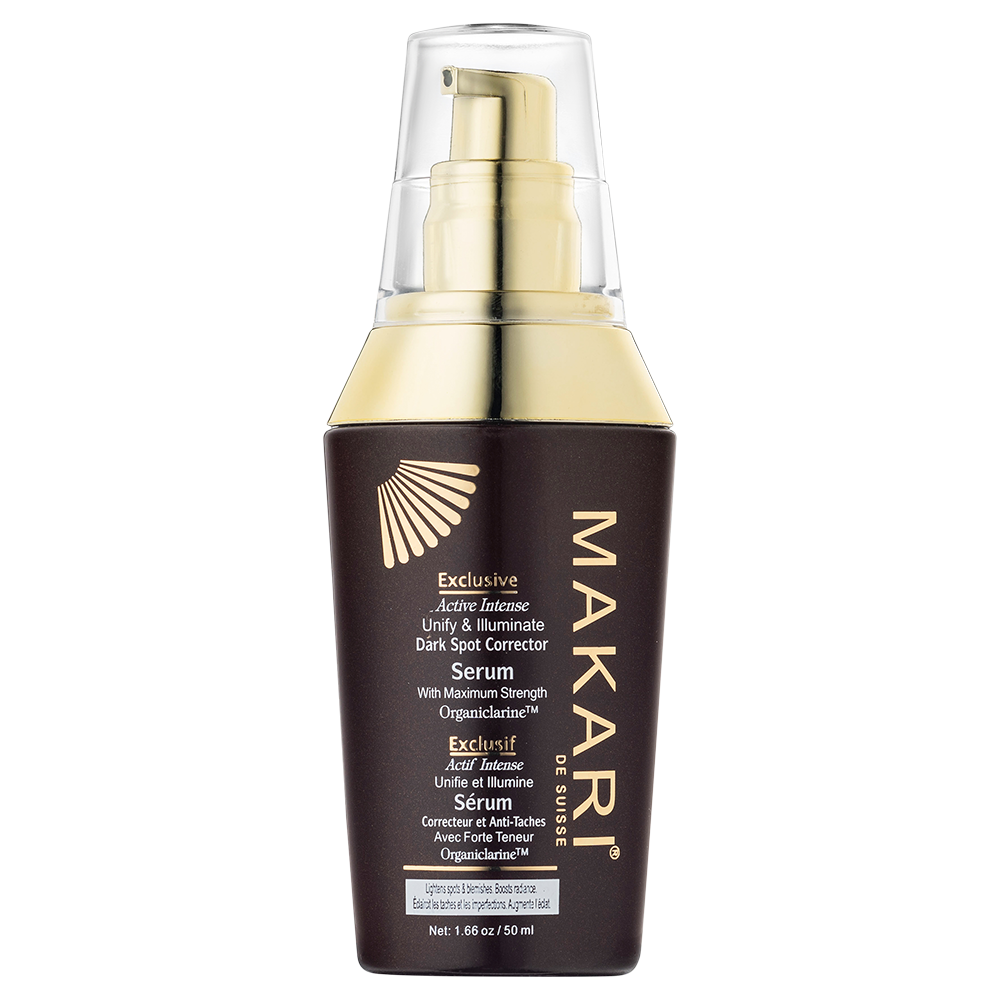
Hyperpigmentation is a common skin concern that affects many people, regardless of their skin tone or ethnicity. It refers to the darkening of certain areas of the skin, which can appear as age spots, sun spots, or dark patches.
Hyperpigmentation is caused by an increase in the production of melanin, the pigment that gives color to our skin, hair, and eyes. This increased production of melanin can be triggered by a number of factors, including sun exposure, hormonal changes, skin injuries, and certain medications. By protecting your skin from the sun and making changes to your lifestyle and skincare routine, you can reduce your risk of developing hyperpigmentation.
Preventing Hyperpigmentation
The best way to prevent hyperpigmentation is to protect your skin from the sun. Wearing a broad-spectrum sunscreen with a minimum SPF of 30 every day, even on cloudy days, is a great habit to build. Seeking shade during the hours when the sun is at its strongest, typically between 10 a.m. and 4 p.m. will reduce the amount of exposure to the sun.
In addition to sun protection, there are a number of lifestyle changes you can make to reduce your risk of developing hyperpigmentation. These include:
- Eating a healthy diet that is rich in antioxidants and vitamins, such as vitamin C and E, which can help to protect your skin from damage.
- Avoiding harsh treatments on your skin, such as over cleansing and over exfoliating.
- Limiting your alcohol intake and smoking, as both can dehydrate your skin and make hyperpigmentation worse.
Treating Hyperpigmentation
If you are currently dealing with hyperpigmentation, there are several treatments available that can help to lighten the affected areas.
- Topical creams and serums that contain ingredients like kojic acid, which can lighten hyperpigmented areas.
- Recommendations for skin-safe products containing kojic acid:
- Recommendations for serums that treat hyperpigmentation
- Chemical peels that use mild acids to remove the outermost layer of skin and lighten dark patches.
- Lasers and light therapies, which can penetrate deep into the skin to target and destroy the cells that produce melanin.
It's important to remember that treating hyperpigmentation takes time and patience, and results can vary depending on the severity of the discoloration. Be consistent with your skincare routine and if you opt for treatments make sure to consult a dermatologist.






